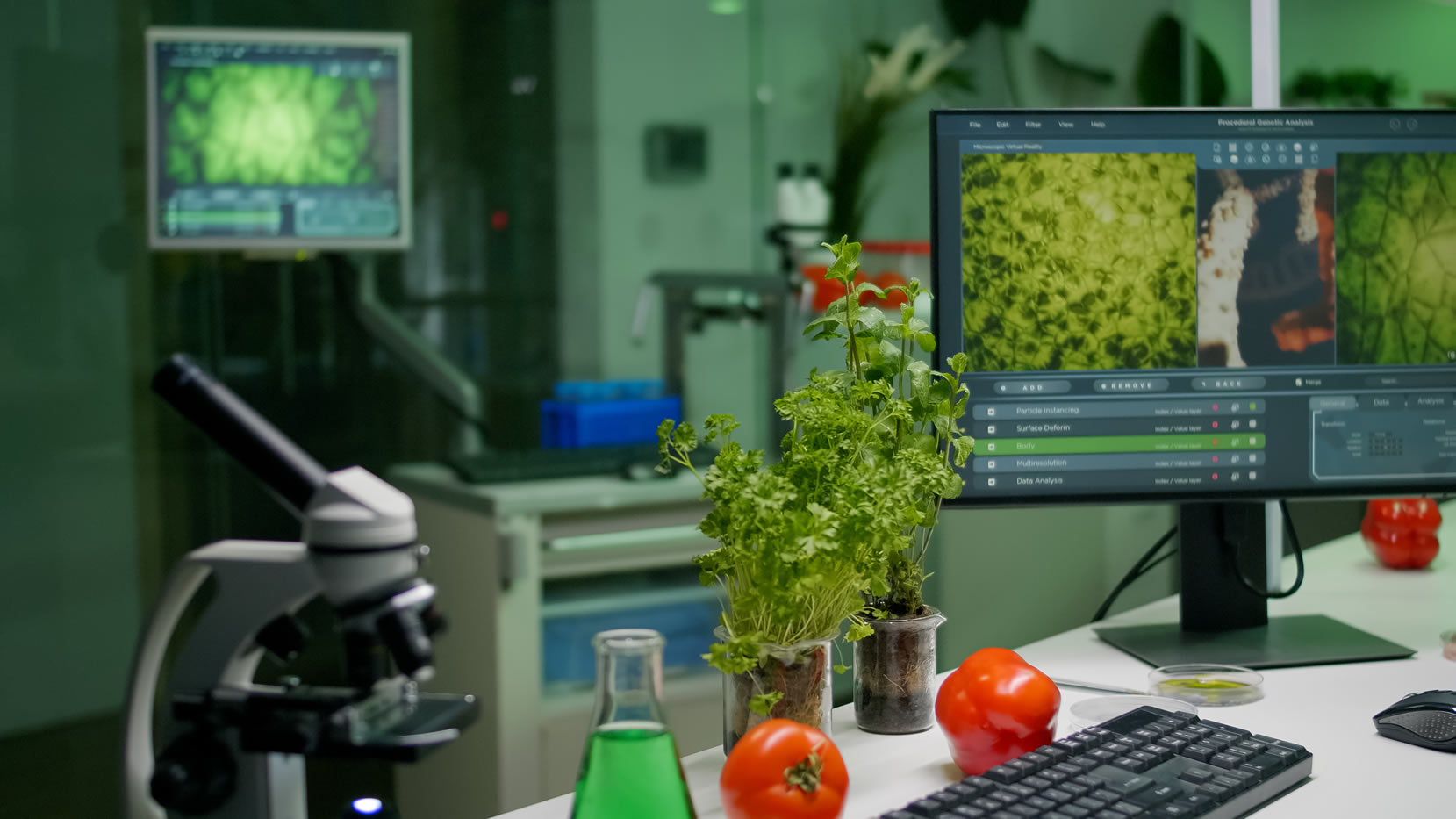Genetically Modified Organisms (GMOs) have become a contentious issue in the realm of food production and consumption. GMOs represent a significant departure from traditional agricultural practices, involving the manipulation of an organism’s genetic material to achieve specific traits.
In this article, we explore the meaning of GMO, its prevalence in our food supply, potential health implications, and the importance of seeking products from suppliers like FoodGrid that prioritize health and offer GMO-free alternatives for mindful cooking and baking.
What is GMO?
GMO, an acronym for Genetically Modified Organism, encompasses living organisms whose genetic makeup undergoes manipulation through genetic engineering techniques. Scientists employ these techniques to modify the DNA of plants, animals, or microorganisms, introducing specific and advantageous traits. This process may include the incorporation of genes from other organisms, such as bacteria or viruses, aiming to enhance resistance to pests, extend shelf life, or boost crop yields. In essence, GMOs represent a departure from natural genetic variation, as they are intentionally engineered to exhibit characteristics that might not occur through traditional breeding methods. This controversial practice raises concerns about the potential long-term effects on both human health and the environment, prompting a critical examination of the widespread use of genetically modified organisms in our food supply.
Common GMOs in our food supply
The infiltration of genetically modified organisms (GMOs) into our food supply has reached widespread proportions within the food industry. Some of the most prevalent instances involve the genetic modification of staple crops like soybeans, corn, and canola. These modified crops have found their way into a multitude of processed foods, serving as key ingredients in various products. Not only confined to the realm of human consumption, but GMOs have also permeated the production of animal feed, further entrenching their presence in the broader food chain.
Moreover, the influence of genetic modification extends beyond the fields of grains and oils. Certain fruits and vegetables have undergone genetic alterations as well. For instance, genetically modified papayas, tomatoes, and squash have become part of the repertoire of genetically engineered produce. This widening scope of genetically modified organisms in our diets emphasizes the pervasive nature of these modifications across diverse food categories. As consumers, it becomes imperative to scrutinize product labels and understand the prevalence of GMOs in order to make informed choices about the food we consume.
The health implications of GMO consumption
While proponents argue that GMOs can help address issues like food scarcity and nutritional deficiencies, concerns about their potential impact on human health persist. One major worry is the unintended consequences of genetic modification, as the long-term effects of consuming genetically altered foods are not yet fully understood. Some studies suggest potential links between GMO consumption and allergies, digestive issues, and even adverse effects on the immune system.
Moreover, the use of genetic engineering often involves the incorporation of antibiotic-resistant genes into GMOs. This raises concerns about the transfer of these resistance genes to bacteria in the human gut, potentially contributing to the global issue of antibiotic resistance.
Environmental impact of GMOs
Beyond health concerns, the cultivation of GMO crops can have significant environmental implications. The widespread use of genetically modified seeds may lead to the development of resistant pests, requiring increased pesticide use. This not only impacts biodiversity but also contributes to the emergence of superweeds, which are resistant to conventional herbicides.
Choosing healthier alternatives: the FoodGrid approach
Recognizing the growing demand for healthier and risk-free cooking and baking ingredients, we at FoodGrid are determined to offer alternatives free from GMOs. FoodGrid is a pioneering company that prioritizes consumer health by providing a wide range of consciously manufactured ingredients that do not contain genetically modified organisms.
Our commitment to health is evident in our product range, which includes natural-colored sprinkles, organic oils, and allergen-free ingredients. The use of natural colorings in sprinkles eliminates the need for artificial additives, ensuring a vibrant and visually appealing product without compromising on health. Our organic oils are sourced from non-GMO crops, providing consumers with a healthier option for cooking and baking.
We also address the concerns of individuals with food allergies by offering a variety of allergen-free ingredients. This commitment to inclusivity ensures that people with dietary restrictions can still enjoy delicious and nutritious meals without the risk of consuming genetically modified organisms.
The debate over GMOs remains a complex and multifaceted issue, with concerns about their impact on health and the environment. As consumers become more conscientious about their food choices, companies like ours play a crucial role in providing alternatives that prioritize health and wellness. By offering a diverse range of GMO-free ingredients, including a variety of non-GMO natural colored sprinkles and nonpareils that are colorful yet health-conscious and nutritious, we empower consumers to make informed choices about the food they consume.
